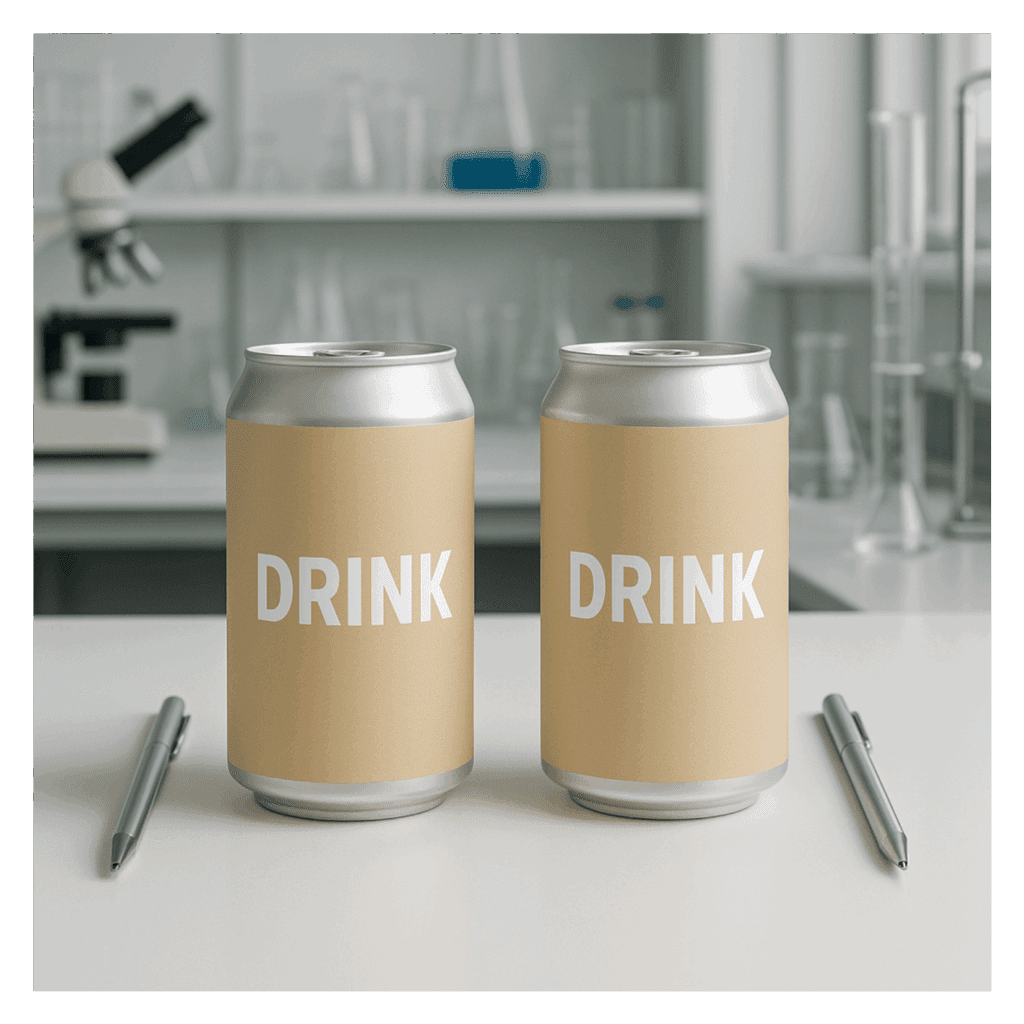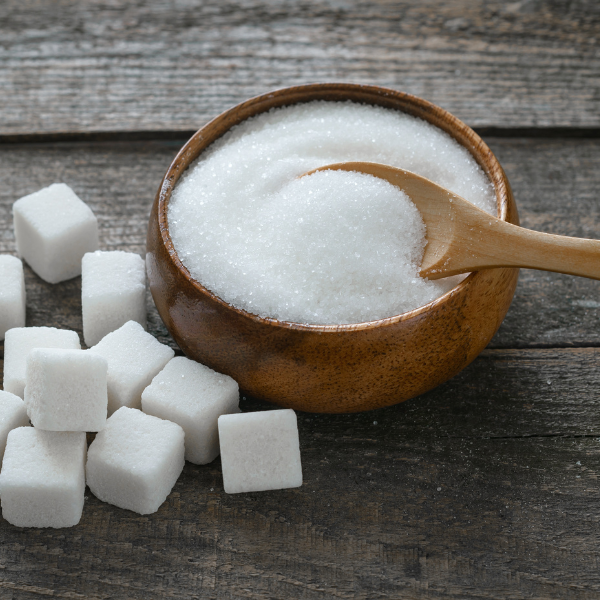With the new industry standard necessitating the hybridization of beverage categories and functional benefits (e.g. tea infused sparkling water, juice + soda, juice + water, energy + metabolism boosting, beauty + sleep, energy + electrolytes, hydrating + joint health), a few market products have caught our attention and may suggest that there’s space for a new segment positioned at the intersection of the ubiquitous, naturally caffeinated bean and plant, that we’re coining as Cofftea. The RTD coffee category is slated to grow approximately half a billion dollars annually through 2022, though some proponents of these alternative brands malign the caffeinated cups of joe. They suggest that too much caffeine may contribute to adrenal burnout, or that the inherent acid may exacerbate gastrointestinal or esophageal distress.
In some instances, products combine distinct elements of each of these beverages, while in other cases, products that may technically be tea are tagged as herbal coffee, an alternative with a laundry list of health benefits. One of the most notable products was a cold brew coffee and cascara LTO, playfully named Long Term Relationship, which was the result of a collaboration between Stumptown Coffee Roasters and Slingshot Coffee Co. Since then, we’ve seen a little bit of experimentation with coffee and kombucha, but more recently have noticed an uptick in coffee-adjacent products that should be on your radar as consumers continue to seek out and identify products that best align with their health and wellness goals and other lifestyle values.
Blue Island coffee offers Coffucha (or what they’ve trademarked as CoffeeBucha), in 4 skus of a product that starts with fermented tea as the base and then combined with cold brew coffee. Their line includes mainstream and accessible flavors including chai, Madagascar vanilla, maca espresso and hazelnut. Featured claims are in line with what we’d expect: rich in antioxidants and probiotics that deliver an energy boost and gut health.
Teeccino blends organic herbs, grains, fruits and nuts that are roasted to emulate the attributes of traditional coffee, without the acid or caffeine. As fiber and prebiotics gain momentum in the marketplace, more brands will leverage the inulin naturally found in chicory, like we see in Teecino.
Herbal Element Coffee also leverages the benefits and woody flavor of chicory, while incorporating other beneficial botanicals into a decaf herbal coffee. Benefits associated with the primary ingredients, ashwagandha, dandelion root, burdock root, cinnamon and licorice, include reducing cortisol levels, aiding in liver detoxification, and anti-inflammation.
Adaptogenic mushrooms such as chaga and reishi make an appearance in Rasa herbal coffee. Consumers can also capitalize on the benefits from chicory, dandelion and burdock (a pairing that we’ve only previously seen on a CSD offering by Fentiman’s), in addition to feeling good about supporting a company committed to sustainability. Their compostable packaging acts as a vehicle to deliver their hand-picked organic herbs.
To reiterate, we’re not suggesting that the demand for coffee is dwindling, but with the increased interest on designing custom biological solutions, we do anticipate more consumers looking for a more natural, even energy, that many of these products claim to provide.
Have a coffee or tea beverage that you’re looking to develop or flavor with our bespoke beverage ingredients? To gain access to our expert beverage development team email us at thedrinktank@imbibeinc.com.



